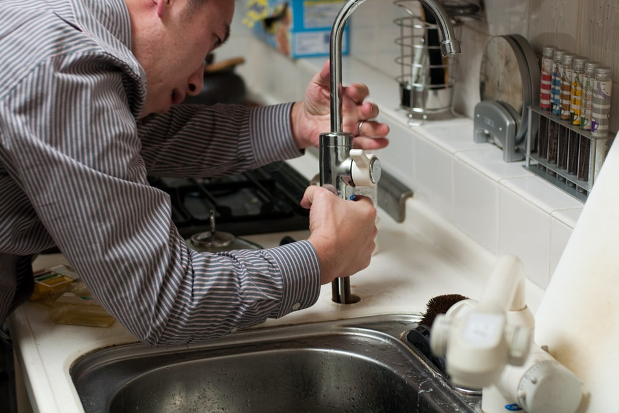
Sooner or later, we all have to call a plumber and plumbers can be expensive to hire — there’s just no way around that. However, there are a variety of ways to improve the value you get for your money.
Many people make the mistake of shopping for services primarily based on the plumber’s hourly rate. This can be very misleading. It’s far better to look at overall customer satisfaction, even if rates are higher than average.
Hourly rates can be misleading for two reasons. First, experienced plumbers usually charge more per hour. However, they have encountered many more kinds of plumbing problems and have had more time to discover the most cost-effective solutions. They are more likely to know the best solution and implement it correctly on the first attempt. Saving $10 an hour on the hourly rate for a “solution” that has to be redone in two months is no bargain.
Second, the hourly rate may reflect reliability. If you take time off of work or alter your work schedule to meet a plumber who shows up late or not at all, it costs you. Even if you aren’t docked pay for the lost time, you won’t be improving your prospects for raises and promotions by sitting around your home waiting. Plumbers who have scheduling and communication practices that don’t leave you hanging are probably going to be worth the higher hourly rate.
Ready to start your Plumbing Project?
Find ProsHere are answers to some of the more common questions about plumbers:
Q: When I called a plumber, he said his hourly rate was $40 per hour. He was here only about 15 minutes but charged me for 45 minutes. Is this some sort of scam?
A: Plumbers spend a big part of their day driving from one job to another. Some way, they have to be compensated for this time. Some add a flat service charge to each bill. Some charge a premium for the first hour, and some charge from the moment that they leave their last job. The latter is probably the case in your situation. These various charging methods are another reason why comparing hourly rates can be a poor way to select plumbers. Always ask on the phone how rates work. If it seems to be an unreasonable system for your situation, you may want to turn to another plumber.
Q: I have a stain on my rec-room ceiling under an upstairs bathroom. Is that something I should call a plumber for?
A: First, do a little research on your own. Most ceiling stains are caused by bad caulking or over-wet floors, not faulty plumbing. If there is a shower, make sure it is equipped with a curtain or door that completely covers the opening. If water splashes around one end of the opening, re-orient the showerhead or install one of the plastic water-deflecting devices available at most home centers. Talk to anyone who uses the shower and ask him or her to watch for excessive water on the floor. Next, check the caulking around the shower or bathtub. If you see mildew or a number of layers of caulk, it may be time to re-caulk. Always remove all of the old caulk and clean all the surfaces before re-caulking. If all this fails, call a plumber.
Q: My plumber said the new toilet I want costs $300 plus installation. I saw the same toilet at a home center store near me for $229. Is the plumber trying to rip me off?
A: Probably not. He typically buys his fixtures from a plumbing supply firm. The plumbing supply firm has a wholesale contractor’s price and a higher list or retail price. The plumber buys the fixture at the wholesale price and sells it to you at the list price. The price difference pays for his time and trouble locating, purchasing and delivering the fixture. He also absorbs the costs associated with mistakes like buying the wrong style or color.
Home centers are selling more and more products that used to be available only at plumbing supply stores. Home-center chains buy fixtures in very large quantities and get sizable discounts from manufacturers and distributors. They pass on some of those savings to you. In most cases, home center prices will be lower than list prices and, in some cases, even lower than the contractors prices at the plumbing supply stores.
You can often save money by buying fixtures yourself or by paying the plumber to buy them from the home center store. Be sure to make arrangements with the plumber before buying the fixtures. Otherwise you may buy a bargain that no plumber is willing to install.
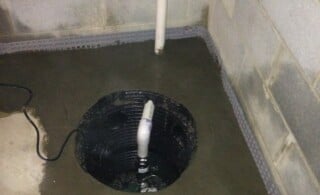 Sump Pump Odors – How to Detect & Eliminate Issues
Sump Pump Odors – How to Detect & Eliminate Issues 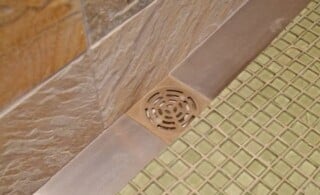 Clogged Drains
Clogged Drains 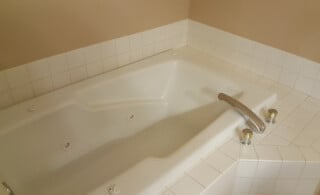 How to Find & Repair a Bathtub Leak
How to Find & Repair a Bathtub Leak 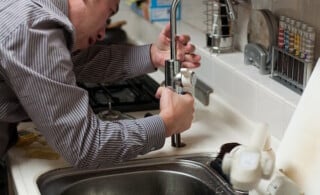 How to Hire a Qualified, Reasonable & Reliable Plumber
How to Hire a Qualified, Reasonable & Reliable Plumber 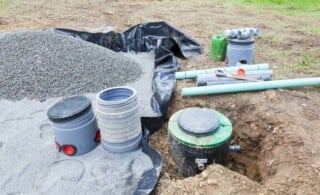 Septic Tank Alarms: What You Need to Know
Septic Tank Alarms: What You Need to Know 

Are You Familiar With This Topic? Share Your Experience.